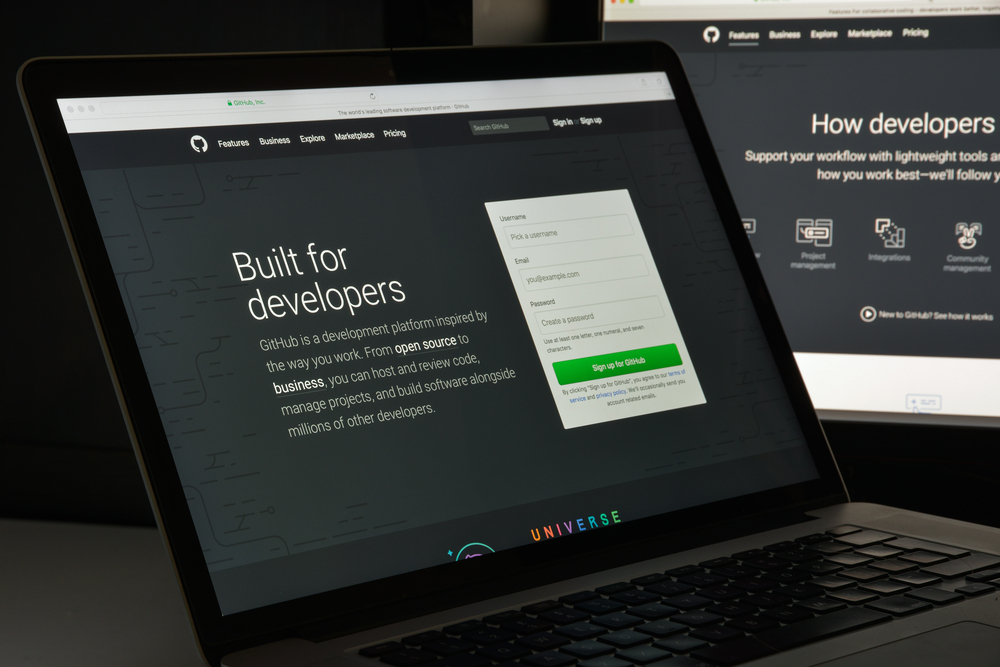In the realm of software development and digital assets, the ability to effectively sell code can be a lucrative endeavor. Whether you're a freelance developer, a software company, or an individual looking to monetize your programming skills, understanding how to market and sell code is crucial. This guide delves into the strategies, platforms, and considerations involved in selling code successfully.
Understanding the Market for Code Sales
Before diving into selling code, it's essential to grasp the market dynamics. The demand for code spans across various industries, including software development, web development, mobile applications, and more. Developers and businesses often seek ready-made solutions or customizable code snippets to expedite their projects and enhance functionality.
Platforms for Selling Code
- Online Marketplaces: Platforms like GitHub Marketplace and GitLab provide developers with a marketplace to showcase and sell their code repositories. These platforms cater to a global audience of developers seeking quality code solutions.
- Code Libraries: Websites such as CodeCanyon and Codester offer developers the opportunity to list and sell their code libraries, scripts, and plugins. These platforms often include review systems and licensing options to protect intellectual property.
- Personal Websites and Blogs: Many developers opt to sell code directly through their personal websites or blogs. This approach allows for more control over pricing, licensing terms, and customer interactions.
Key Strategies for Successful Code Sales
- Quality Assurance: Ensure that the code you intend to sell is thoroughly tested, documented, and optimized for performance. Quality assurance is crucial to building trust with potential buyers.
- Licensing and Copyright: Clearly define the licensing terms for your code, including whether it's open-source, proprietary, or offered under specific conditions. Addressing copyright concerns upfront can prevent legal issues down the line.
- Marketing and Promotion: Utilize social media, developer forums, and targeted advertising to reach potential buyers. Highlight the unique features and benefits of your code to attract attention in a competitive market.
- Customer Support: Providing excellent customer support post-sale can enhance your reputation and encourage repeat business. Be responsive to inquiries, bug reports, and feature requests from customers.
Challenges in Selling Code
While selling code can be rewarding, it's not without challenges. These may include:
- Market Competition: The software development market is highly competitive, requiring differentiation and continuous improvement.
- Security Concerns: Addressing security vulnerabilities and ensuring code integrity is essential to gaining customer trust.
- Pricing Strategy: Finding the right balance between pricing your code competitively and reflecting its value can impact sales.
Selling code can open doors to new opportunities for developers and businesses alike. By leveraging the right platforms, adopting effective marketing strategies, and prioritizing quality and customer satisfaction, you can navigate the complexities of the code sales market successfully. Whether you're selling plugins, libraries, or customized solutions, understanding your target audience and delivering value will be key to achieving sustained success in selling code.





Comments